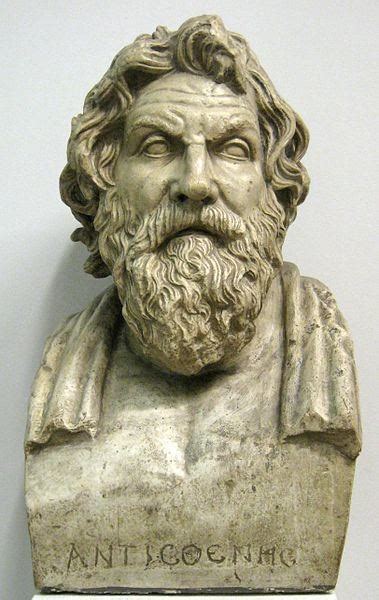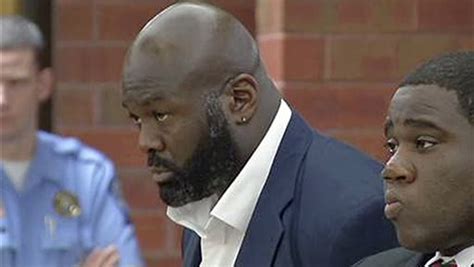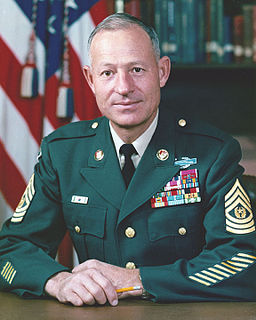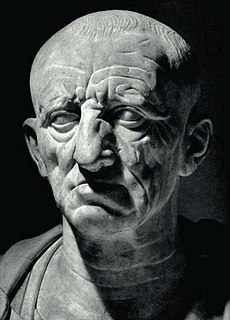A Quote by Diogenes Laertius
Socrates said, "Those who want fewest things are nearest to the gods.
Related Quotes
I am now even more persuaded of the urgent need to study why Socrates was accused. The dislike of philosophy is perennial, and the seeds of the condemnation of Socrates are present at all times, not in the bosoms of pleasure-seekers, who don't give a damn, but in those of high-minded and idealistic persons who do not want to submit their aspirations to examination.
We want the Army to be society's model of fair treatment. We want to assure that all soldiers are treated fairly, not because it is necessary but because it is right. Those units that have the fewest incidents are those whose noncommissioned officers really know their men and take a personal interest in their welfare.
Sadly enough, my young friends, it is a characteristic of our age that if people want any gods at all, they want them to be gods who do not demand much, comfortable gods, smooth gods who not only don't rock the boat but don't even row it, gods who pat us on the head, make us giggle, then tell us to run along and pick marigolds.
But if the gods do not exist at all - then we are lost,' I said. On the contrary - we are found!' said Aesop. But when we are afraid, who can we turn to, if not the gods?' Ourselves. We turn to ourselves anyway. We only pretend there are gods and that they care about us. It is a comforting falsehood.
Socrates: So even our walks are dangerous here. But you seem to have avoided the most dangerous thing of all. Bertha: What's that? Socrates: Philosophy. Bertha: Oh, we have philosophers here. Socrates: Where are they? Bertha: In the philosophy department. Socrates: Philosophy is not department. Bertha: Well, we have philosophers. Socrates: Are they dangerous? Bertha: Of course not. Socrates: Then they are not true philosophers.
Concerning the Gods, there are those who deny the very existence of the Godhead; others say that it exists, but neither bestirs nor concerns itself not has forethought far anything. A third party attribute to it existence and forethought, but only for great and heavenly matters, not for anything that is on earth. A fourth party admit things on earth as well as in heaven, but only in general, and not with respect to each individual. A fifth, of whom were Ulysses and Socrates, are those that cry: -- I move not without Thy knowledge!
Now the myths represent the Gods themselves and the goodness of the Gods subject always to the distinction of the speakable and the unspeakable, the revealed and the unrevealed, that which is clear and that which is hidden: since, just as the Gods have made the goods of sense common to all, but those of intellect only to the wise, so the myths state the existence of Gods to all, but who and what they are only to those who can understand.







































